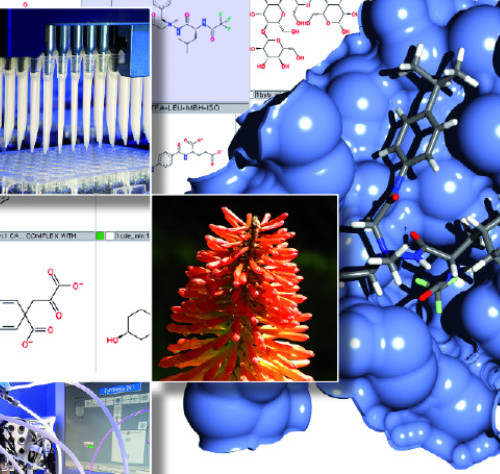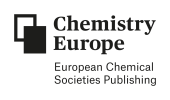Tuesday, 26 January 2021, 9 -11:30 am
Dr. Kurt Ritter, Frankfurt/Main, Germany
PROTACs are heterobifunctional molecules hijacking the natural disposal system (ubiquitin -proteasome machinery) for proteins within a cell for specific degradation of a target protein (often referred as protein of interest = POI). The tutorial workshop aims to provide a step by step introduction in this fast-expanding research area.
After a look back at the “thalidomide tragedy” in the 60s, the key components of the natural protein degradation system in a cell will be introduced: ubiquitin as the basic unit for “tagging”, E1, E2 and E3 ligases as the involved “tagging enzymes” and the 26S proteasome as the “shredder” of a “tagged” protein. Their concerted action triggers the cellular degradation of no longer necessary proteins, an essential process for recovering amino acids. The drug thalidomide acting as a kind of “molecular glue” interfered with this process leading to the unintended erroneous degradation of certain cellular proteins in the fetus during pregnancy, the cause for the observed defects after birth.
The rational design of PROTACs, composed of a ligand to an E3 ligase and a ligand to the target protein (=POI) joined by a flexible linker, enables the intended knock-down of specific protein(s) within the cell. Thus, the heterobifunctional PROTAC recruits the target protein (= POI) close to an ubiquitinating E3 ligase, leading to its polyubiquitination and subsequent proteasomal degradation. Several binding motifs to various E3 ligases or their subunits (CRBN, VHL, IAP) have been added to the PROTAC toolbox by different research groups.
After a discussion about the advantages of PROTACs (“event-driven”) versus conventional small molecule drugs (“occupancy-driven”), several case studies for PROTACs aiming at the degradation of important disease-related proteins in cancer, inflammation or neurodegenerative diseases will be presented. Biochemical and biophysical assays as well as structure-based design using crystal structures of binary and ternary PROTAC complexes support the optimization of these PROTACs.
The first oral PROTACs, ARV-101 for treatment of prostate cancer, and ARV-471 for treatment of estrogen-receptor positive breast cancer, have progressed to clinical trials. Finally, existing hurdles and novel developments of this emerging modality will be discussed.
Registered participants of the workshop will receive a list of references and a compilation of used abbreviations ahead of the workshop per email (word file).
Registration








